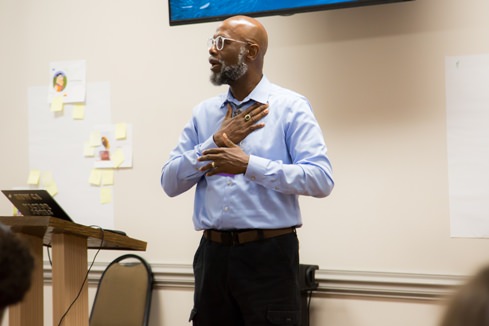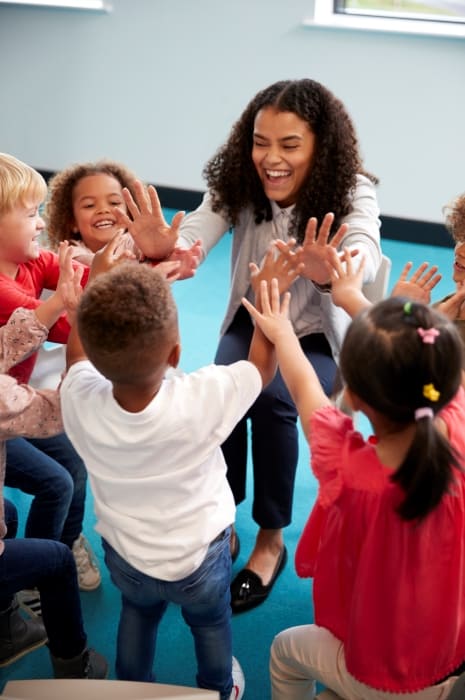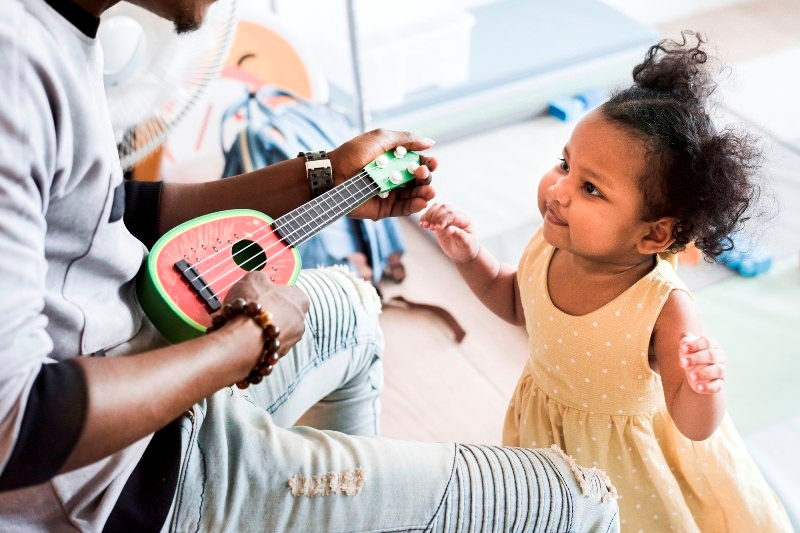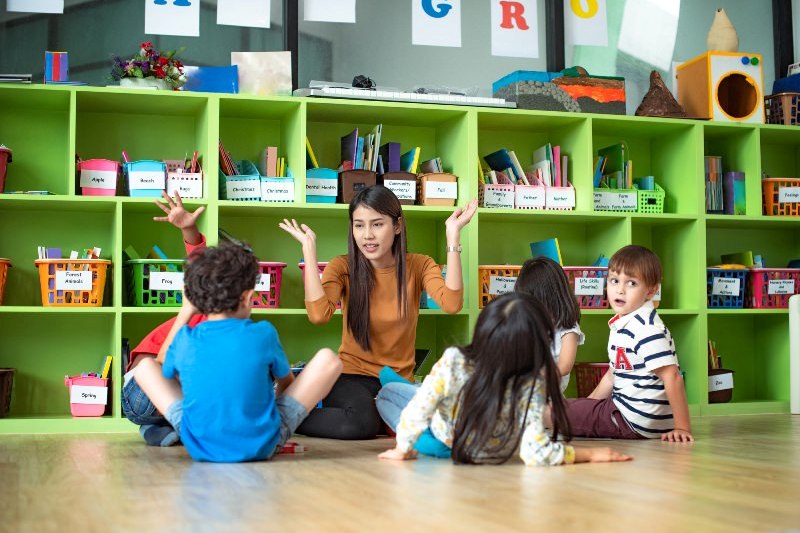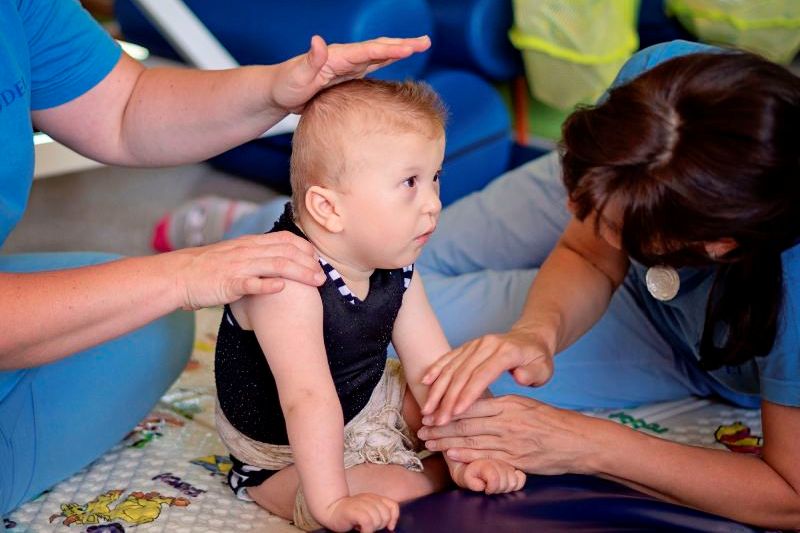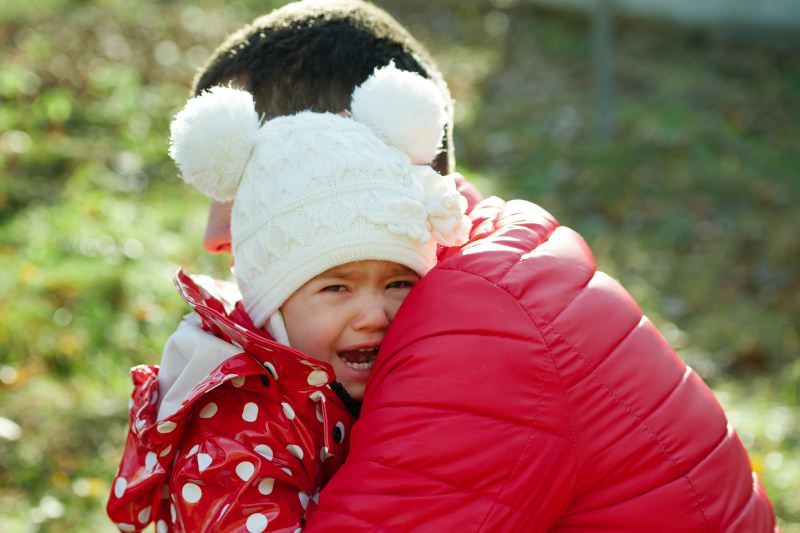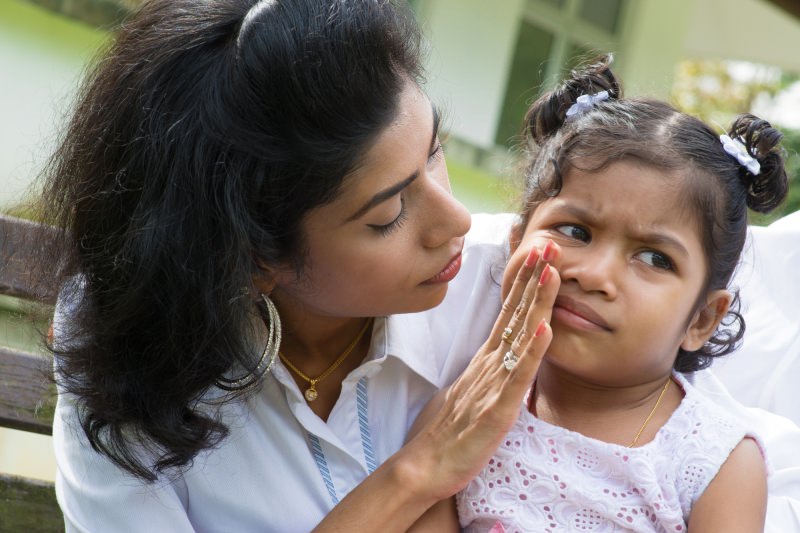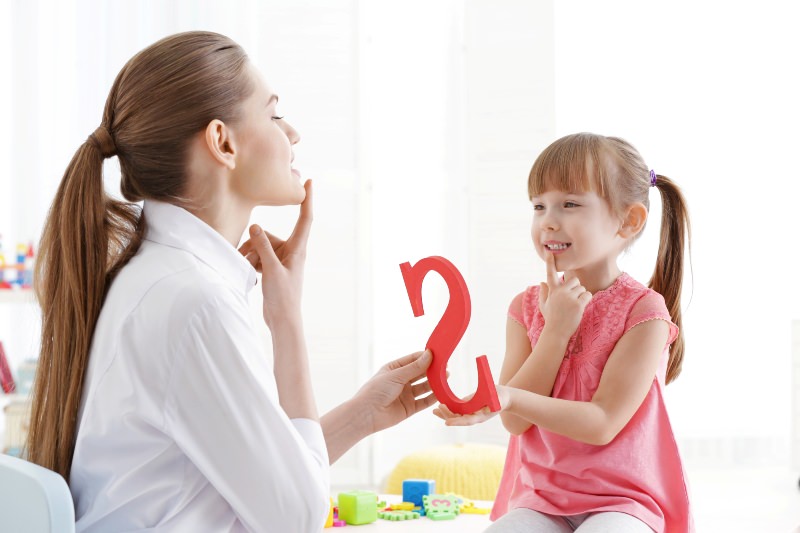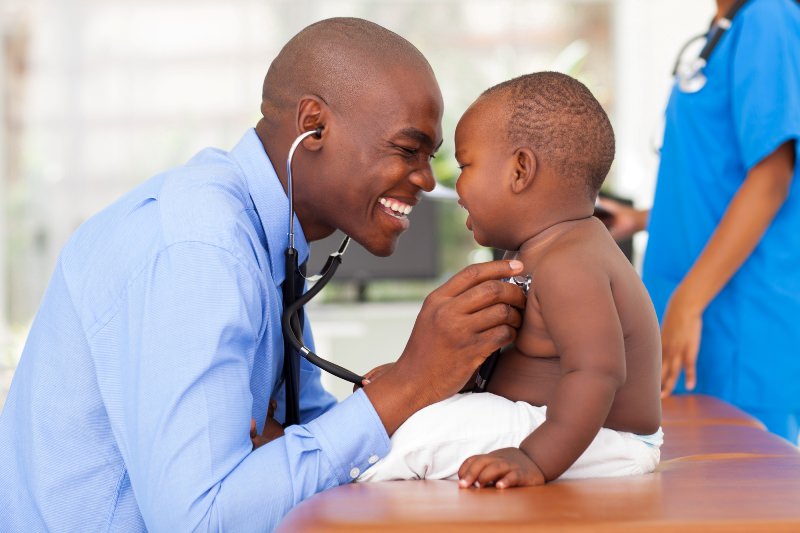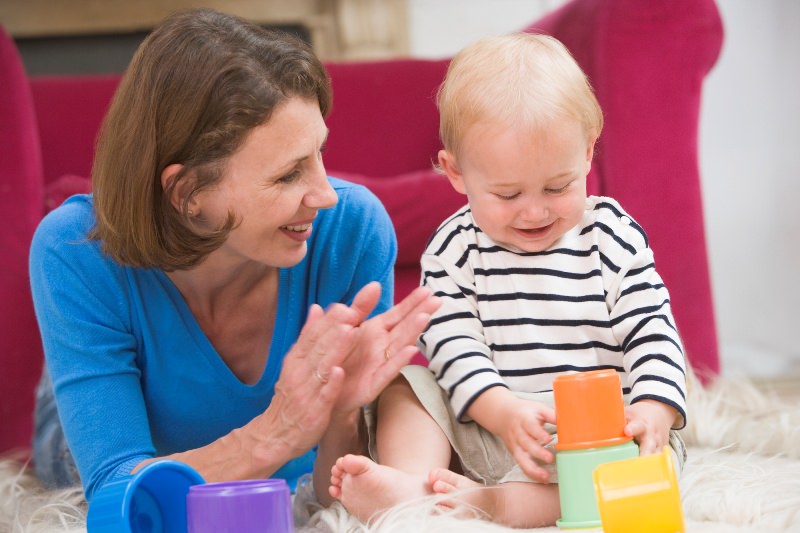North Carolina Infant and Early Childhood Mental Health Association
Empowering you to make the difference.
North Carolina Infant and Early Childhood Mental Health Association
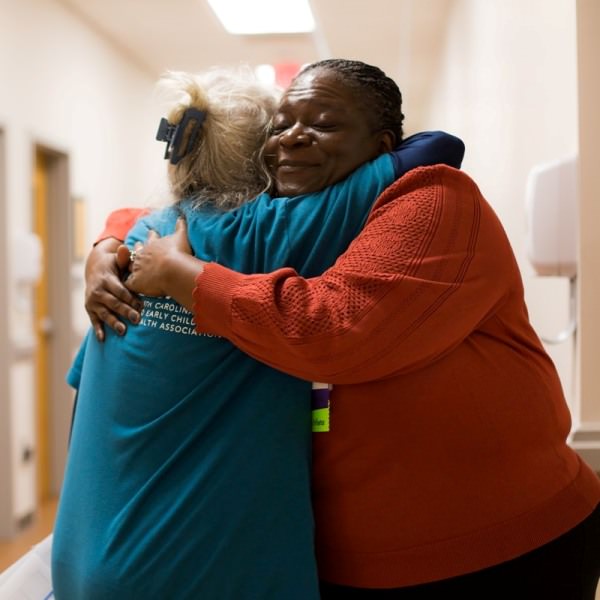
Do work that matters.
Advance your career.
Find your community.
Who is an infant or early childhood mental health (IECMH) professional?
NCIMHA members fill many different roles in a wide variety of settings. From education, to healthcare, to government offices and nonprofits: anywhere you find programs for young children, you will likely find our members supporting them.
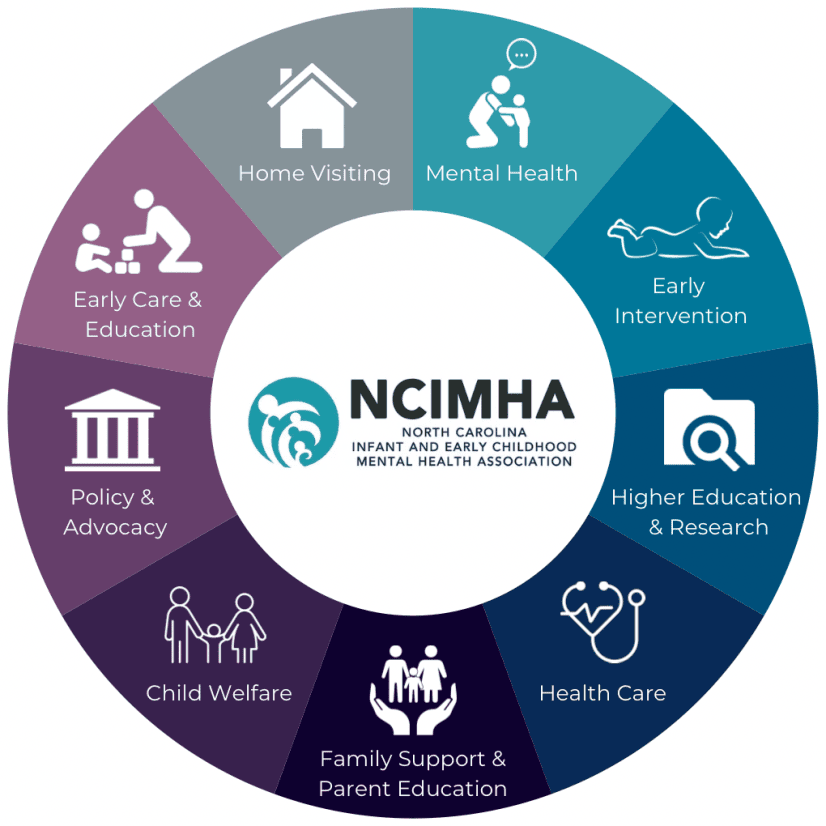
Who belongs in NCIMHA?
- Teachers and early educators
- Social workers
- Clinicians
- Home visitors
- Doulas
- Lactation consultants
- Child Protective Services
- Mental health consultants
- Early intervention specialists
- Pediatric healthcare providers
- Policy makers
- And many more…
If you work to support little ones and their families, you belong with us!
What is infant and early childhood mental health?
Infant and early childhood mental health is defined within the context of family, community, and culture. It is developing the capacity of a child (from birth through 5 years old) to:
- form close and secure adult and peer relationships
- experience, manage, and express a full range of emotions
- explore the environment and learn
The infant and early childhood mental health field is multi-disciplinary. It includes the full continuum of services, supports, and policies necessary to promote healthy development, prevent ongoing problems, and treat mental health disorders.
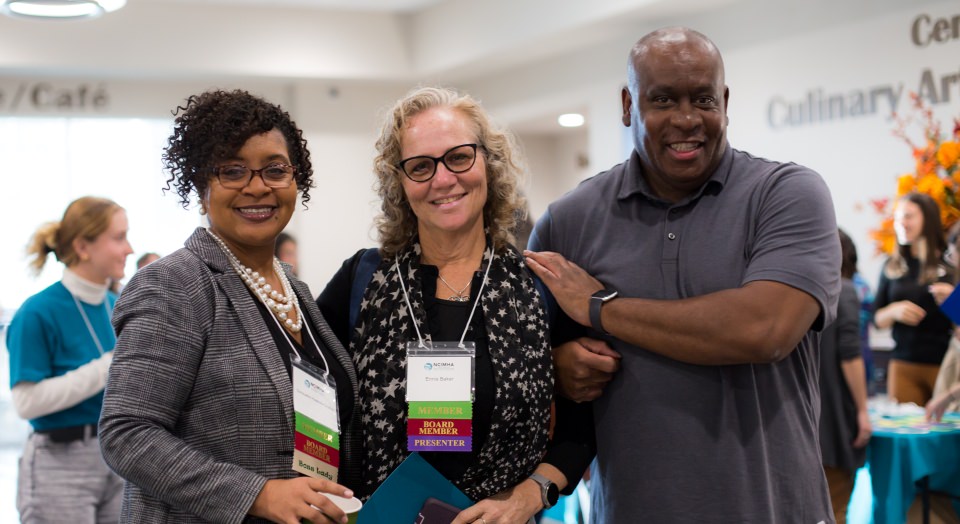
We exist to create a PREPARED and SUPPORTED early childhood workforce.
Benefits of NCIMHA Membership
Training Opportunities
- Free Quarterly Training
- Members-Only Resource Page
- Email Newsletter
- Member Discount for IECMH Workshops
- Training Referrals to Trusted Partners
- Endorsement Application Support
- Member Discount for Annual Conference
Support for RSC
- Annual Learning Collaborative
- Training for Supervisors on RSC Method
- Referral Network of Vetted Reflective Supervisors
- Access to Endorsement for All Types of Professionals


Find Community
Something powerful happens when you bring together diverse professionals with a shared passion. We speak your language. We understand the joys and struggles of the work. And we see the transformative power of healthy relationships. Connect in person, through virtual meetings, and our Facebook group.

Membership Opens Opportunities
Endorsement
With multiple categories available, the IECMH-E® demonstrates your skills and commitment to the highest professional standards.
Reflective Supervision / Consultation
RSC is a brave space to both feel held and grow professionally. We provide training for providers and organizations.

Screen Reader Description: This photo montage displays images of children from infant to kindergarten in a variety of settings. It includes children of all races and abilities. Some of them are being helped by caring adults. They are the reason that we exist and our motivation to keep going. Every child deserves a safe place to grow with the support of healthy adult relationships.

